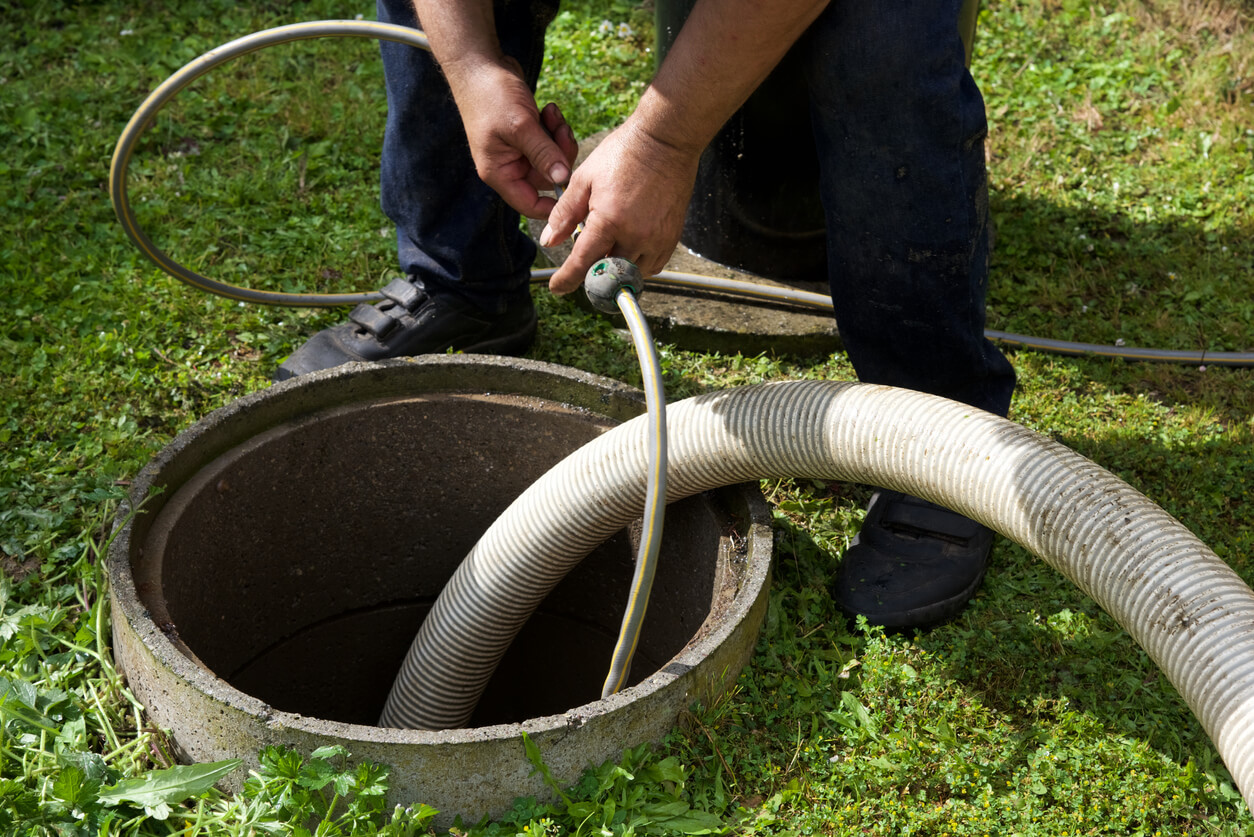Give Us A Call
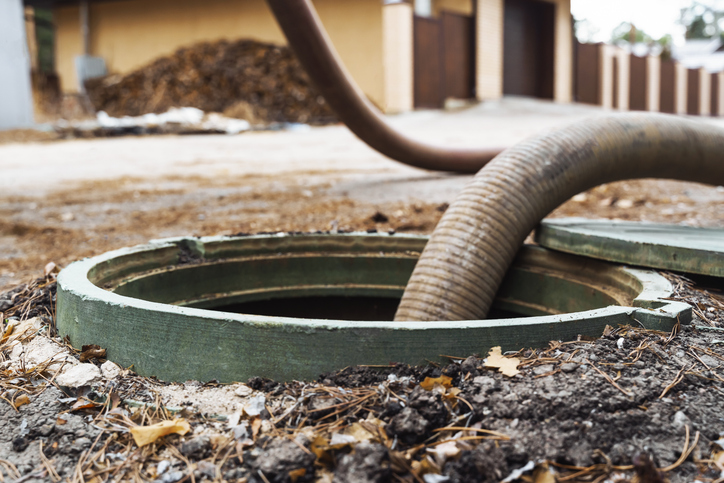
Step-by-Step Guide to Maintaining Your Septic System
September 30, 2024
How to Care for Your Septic System
Maintaining your septic system is crucial to preventing costly repairs and ensuring it functions efficiently for years. Proper care and maintenance not only protect your investment but also safeguard the environment from potential contamination.
Here’s a comprehensive guide from our Frederick Septic team to help you keep your septic system in top condition.
1. Regular Inspections
The first step in maintaining a healthy septic system is scheduling regular maintenance and inspections. A professional should inspect your system every three to five years. During these inspections, technicians can identify potential issues early, such as leaks or sludge buildup, and address them before they become significant problems. Regular checks ensure that your system operates efficiently and can save you money in the long run.
2. Proper Waste Disposal
What you flush down the drain significantly impacts the health of your septic system. Be mindful of what enters your system by following these guidelines:
- Avoid Flushing Non-biodegradable Items: Items like wipes, sanitary products, and diapers can clog your system and cause backups.
- Limit Chemical Use: Household chemicals and cleaners can disrupt the natural bacteria in your tank that break down waste. Opt for septic-safe products whenever possible.
- Dispose of Grease Properly: Grease and oil can solidify and block pipes. Collect grease in a container and dispose of it with your regular trash.
3. Routine Pumping
Routine pumping is essential to prevent solids from building up in the tank and causing system failures. Typically, a septic tank should be pumped every three to five years, but this can vary based on the size of your tank and household usage. Regular pumping helps prevent overflow and keeps your system running smoothly.
4. Water Conservation
Conserving water can reduce the stress on your septic system. Excessive water usage can overload the system, leading to potential failures. Implement water-saving practices such as:
- Fixing Leaks Promptly: Even small leaks can add up to significant water waste over time.
- Installing Low-Flow Fixtures: Low-flow toilets and showerheads should be installed to reduce water use.
- Staggering Laundry and Dishwashing: Spread out these activities to avoid overwhelming the system with large volumes of water at once.
5. Protect the Drainfield
The drainfield is a critical septic system component responsible for filtering out contaminants from the liquid waste. Protecting it is vital:
- Keep Vehicles Off the Drainfield: Heavy vehicles can compact the soil and damage the pipes.
- Avoid Planting Trees Nearby: Tree roots can invade and block the drainfield pipes.
- Direct Water Away: Ensure that gutters and landscape grading direct water away from the drainfield to prevent flooding.
Common Mistakes to Avoid
- Neglecting Routine Maintenance: Skipping inspections and pumping can lead to system failures and costly repairs.
- Using Garbage Disposals Excessively: These add unnecessary solids to your tank, increasing the need for more frequent pumping.
- Planting a Garden Over the Drainfield: This can interfere with the system’s ability to function properly.
Professional Septic Services in Frederick County
When it comes to quality septic system maintenance, Frederick Septic Co. is the name to trust! Since 1983, we have been providing our neighbors with comprehensive septic services, ensuring the longevity of your system. Ready to schedule your routine maintenance?
Contact our team today to get started!
Recent News

How Does Winter Affect My Septic System?
December 30, 2025
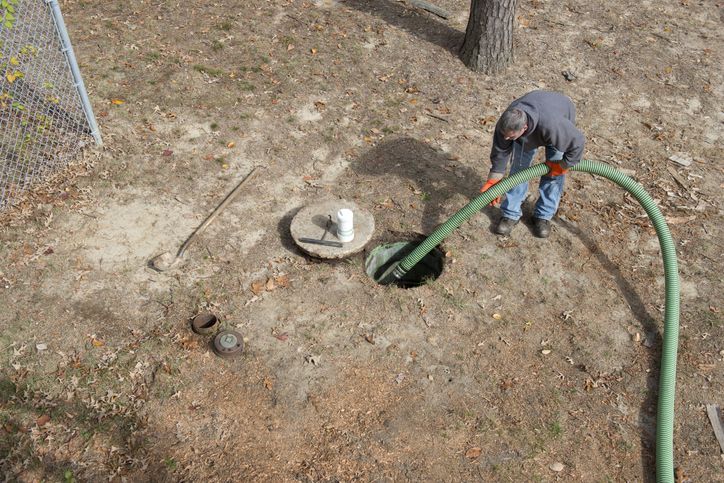
How to Tell When Your Septic Tank Needs Cleaning
September 30, 2025
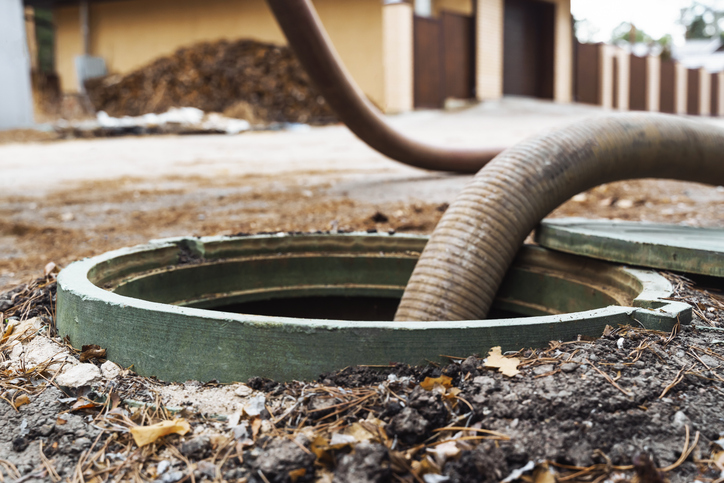
Septic Tank: Should You Repair or Replace?
June 11, 2025
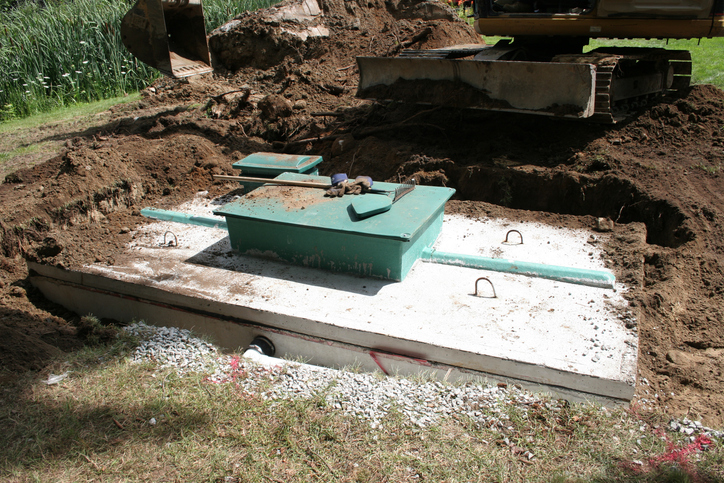
How Long Does Septic Installation Take?
April 1, 2025
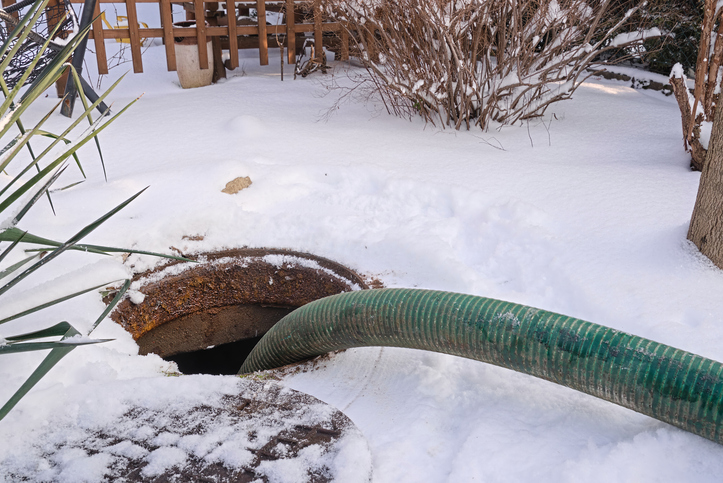
Five Tips for Preventing Septic Backups During Holiday Gatherings
December 24, 2024
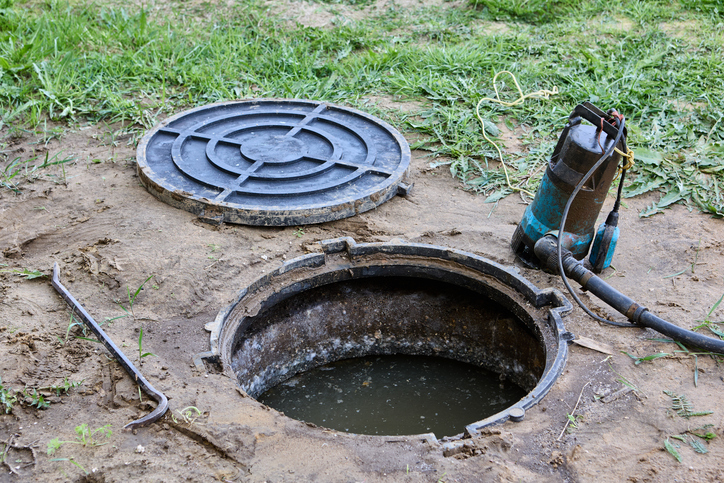
Top Signs It’s Time to Replace Your Septic System
June 29, 2024
